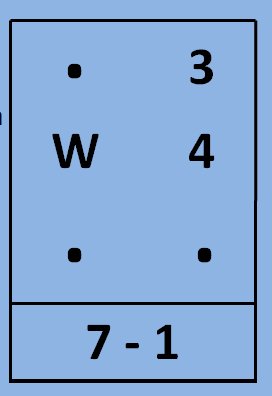
 |
| Index | |
|
|
|
|
|
| Over  The ball is delivered by bowlers in sets of 6 deliveries, each set of 6 counting as one over. Overs are bowled from alternate ends Sometimes an over will last longer than 6 balls if the bowler bowls one or more No balls or Wides or there is some other delivery that does not count in the over The umpire may also declare a delivery to be a Dead ball, and so on. If the umpire decides that the ball becomes dead after the striker has had the opportunity to play it, the ball counts in the over, otherwise it does not (for more detailed information on this see the entry on Dead ball). An over is not completed until 6 fair deliveries have been bowled. At that point the umpire will call Over and the bowling will switch to the other end Bowlers can change ends as often as they like, but they are not allowed to bowl two overs, or parts of overs, in succession The ball becomes dead at the call of Over, but that does not mean that any appeal based on actions that occurred from the last ball before Over was called should be disregarded. So it is possible for an umpire to give a batter out after Over has been called Sometimes an over is interrupted. Perhaps the weather has deteriorated, or a wicket may have fallen within two minutes of a scheduled interval or within five minutes of a drinks interval. The over will be completed once play resumes If the bowler becomes ill or is incapacitated before he has delivered the first ball of an over, or at any time during it, he can be replaced by another bowler to bowl, or complete, the over. This replacement bowler must not, of course, be the one who bowled the previous over, or the one who is to bowl the next over |
||||||